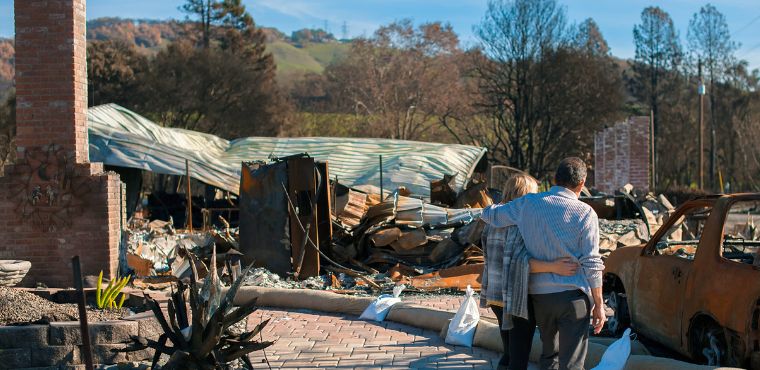Experiencing a house fire can be one of the most devastating and disorienting events in a person’s life. As the smoke clears, you may find yourself overwhelmed with questions and uncertainties about what comes next. This blog post aims to guide you through the aftermath, providing critical information on what to expect after a house fire. We’ll discuss everything from dealing with the immediate aftermath to navigating insurance claims, restoration processes, and emotional recovery.
Navigating Insurance Claims Post-Fire
After ensuring your immediate safety and the security of your premises, it’s time to contact your insurance company. This is perhaps the most universal thing to expect after a house fire. It’s critical to report the incident as soon as possible to initiate the claims process. Document everything—take pictures and videos of the damage, make a list of destroyed or damaged items, and keep receipts for any expenses incurred due to the fire. Be as detailed as possible in your descriptions; this will help you get a fair and accurate claim settlement. Keep in mind that dealing with insurance companies can be a complex process, so consider hiring a public adjuster if necessary. They can represent your interests and negotiate with the insurance company on your behalf.
The Process of Assessing Fire Damage
Once the area is safe to enter, it’s time to assess the fire damage. This process involves determining the extent of the damage, identifying the types of damage (such as smoke, water, or structural damage), and estimating the cost of repair or replacement. It’s important to note that fire damage isn’t always visible or obvious. Smoke and soot can linger in hidden areas, and water used to extinguish the fire can cause additional damage. Therefore, it’s recommended to get professionals involved in this process. They have the expertise and equipment to conduct a thorough assessment, ensuring nothing gets overlooked. They will conduct an inspection that relies on fire dynamics to ascertain where the fire started and what caused it. The information they glean from this inspection will provide you with crucial information that will help you prevent house fires in the future.
Working with Professional Fire Restoration Services
Hiring professional fire restoration services is often the most efficient way to handle the aftermath of a house fire. These experts are trained in dealing with all aspects of fire damage, from smoke and soot removal to structural repairs. They can also handle water extraction and drying, mold prevention, and odor removal. In addition to the physical restoration, these professionals can also help with inventory documentation, which can be useful when filing insurance claims. It’s essential to choose a reputable and experienced company to ensure quality work. Check their credentials, ask for references, and make sure they provide a detailed plan of action before starting the restoration process.
Moving Forward: Long-term Considerations After a Fire
Once you’ve navigated the immediate aftermath of a house fire, it’s time to think about long-term considerations. This includes planning for the future and implementing measures to prevent such incidents from occurring again. If you were renting, you might consider purchasing renter’s insurance to cover your belongings in the future. If you were a homeowner, review your homeowner’s insurance policy to ensure it provides adequate coverage. Take steps to fireproof your home—install smoke detectors, maintain electrical systems, and keep flammable items away from heat sources. Preparation is key to prevention. Lastly, take this time to reflect and reevaluate your priorities. This experience, while devastating, can also serve as a reminder of what truly matters in life—the health and safety of yourself and your loved ones.






